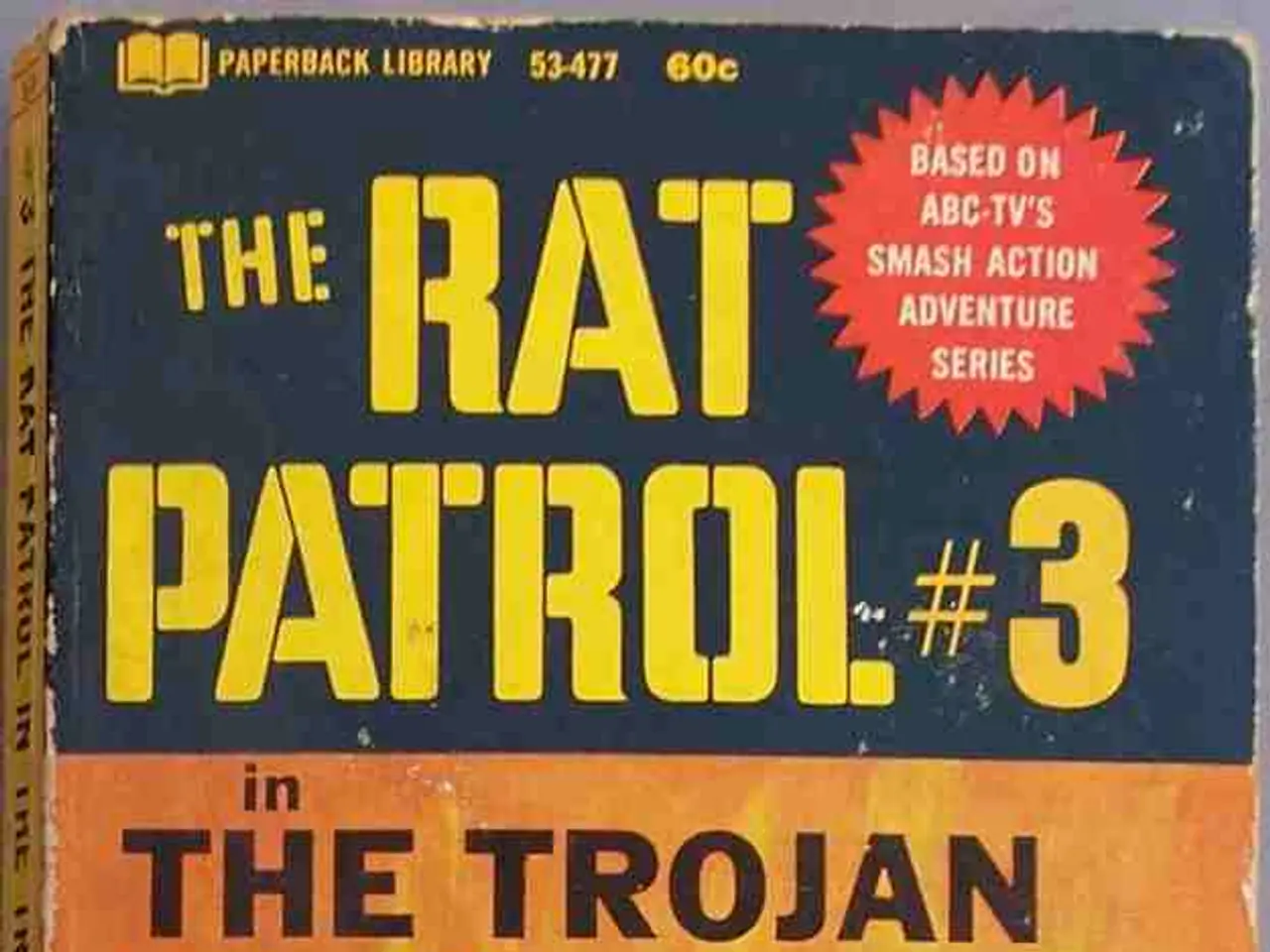Further Actions
The Online Casino Gambling Bill, introduced by Minister of Internal Affairs Brooke van Velden in April, has successfully passed its first reading in New Zealand's Parliament with a vote of 83 to 39 on July 15, 2025. This significant milestone marks a step towards regulating the currently unregulated online gambling landscape in the country, which has been dominated by offshore operators.
### Current Status
Following its first reading, the bill will now progress to the select committee stage. During this phase, public submissions will be invited, allowing New Zealanders and stakeholders to voice their opinions and provide feedback. The select committee will then consider this input to refine and improve the legislation before it moves on to subsequent readings and potentially becomes law.
### Key Provisions and Next Steps
The bill proposes to auction up to 15 online gambling licenses, each valid for three years. To be eligible for a license, applicants must meet stringent criteria, including having a harm prevention strategy, a compliance track record, and robust age verification measures to prevent under-18s from gambling.
The Department of Internal Affairs will oversee the regulatory system, funded by fees collected from licensed operators. Companies that violate the rules may face fines of up to NZ$5 million.
Licensed operators will be required to contribute 1.24% of their profits to a fund supporting gambling harm treatment services. Advertising will be permitted but will be subject to strict controls to avoid targeting minors.
### Potential Impact on the Online Gambling Industry
If enacted, the bill aims to transition New Zealand's online gambling sector from an unregulated, offshore-dominated market to a regulated and safer environment. It introduces robust player protections, including harm minimization measures and safeguards against underage gambling.
Licensed companies will be required to pay taxes and levies, potentially generating revenue for problem gambling support and government funding. The legalization and regulation may also reshape the competitive landscape by attracting legitimate operators willing to comply with New Zealand's regulatory standards.
However, concerns have been raised about the bill's approach to consumer protection and reducing gambling harm. Labour Party MP Lemauga Lydia Sosene expressed her concern that the bill does not address these issues wholeheartedly during the parliamentary debate.
If passed, the bill would establish a licensed iGaming market with up to 15 operators permitted to hold three-year licenses. TAB NZ, which holds a monopoly on online sports betting, will not be eligible to apply for an online casino licence under the bill.
The bill will proceed to review by the Committee of the Whole House after its second reading, scheduled for November 17. If the bill becomes law, New Zealand will see the formal launch of a regulated online casino market by mid-2026. Licensed operators are expected to launch their services by July 2026.
The bill's progression to the select committee stage invites public opinions and feedback, which could potentially influence the refinement of the legislation regarding sports betting, online casino, and general-news, as these sectors might be impacted by theauction of online gambling licenses and the introduction of a regulated online casino market. The bill's passage may spark debates on the balance between regulating these sectors, minimizing gambling harm, and generating revenue for problem gambling support and government funding.





